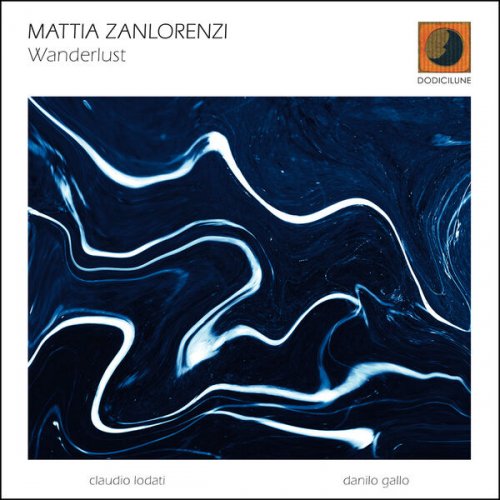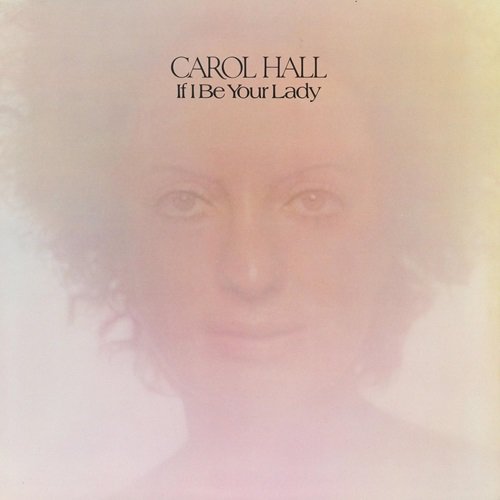Painted Faces - Normal Street (2023) [Hi-Res]
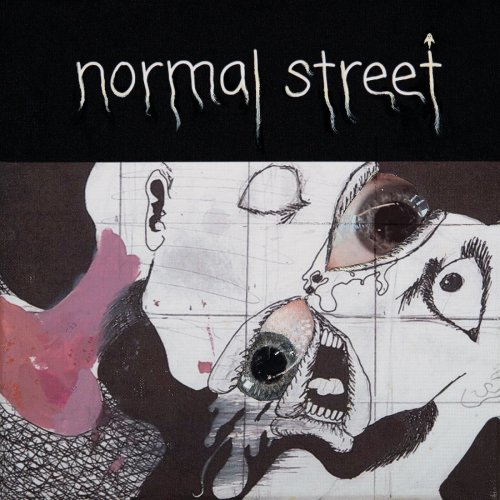
Artist: Painted Faces
Title: Normal Street
Year Of Release: 2023
Label: ESP Disk'
Genre: avant-garde, Free Jazz, Noise Rock
Quality: FLAC (tracks) / 24bit-44.1kHz FLAC (tracks)
Total Time: 39:23
Total Size: 141 / 300 MB
WebSite: Album Preview
Tracklist:Title: Normal Street
Year Of Release: 2023
Label: ESP Disk'
Genre: avant-garde, Free Jazz, Noise Rock
Quality: FLAC (tracks) / 24bit-44.1kHz FLAC (tracks)
Total Time: 39:23
Total Size: 141 / 300 MB
WebSite: Album Preview
1. Normal Street (5:34)
2. An American Werewolf in Ridgewood (2:38)
3. Paranoid Dollhouse (3:44)
4. Forest Techno (2:37)
5. Playing the Field: The Ambassador Prowls (1:47)
6. Cult of the Ghost Shark (3:12)
7. Laughing Charlie (5:01)
8. Watching Tremors 2 at Work (4:41)
9. Contact Mind (3:00)
10. Xea (7:12)
Writer/musician/film maker Chris Shields says:
Near the DIY venue, cooperative, and punk/freak haven, The Firehouse, in Worcester, Mass, there’s a street ironically named “Normal St.” I was lucky enough to be playing a gig with Painted Faces there a few years back. Driving up the steep, labyrinthine roads we spotted the green sign, had a laugh owing to some solid riffing by all present, and then, moved on. The gig was good, the people great, and the memories, the stuff that makes time on earth meaningful. Little did I know Normal Street would return. Considering David Drucker’s body of work and his unique brand of free form expression and clever pastiche, I shouldn’t have been surprised. When you listen to Painted Faces what you’re hearing is a mind at work.
When Drucker begins to write and record, every dumb sign, bad horror movie, seemingly innocuous turn of phrase, petty embarrassment, transcendent joke, and musical influence are drawn together like iron filings to a magnet. What results is a document of a particular point in time for the artist. There are infectiously haunting hooks and raw atonal passages, cheap synths (and as time goes on less cheap ones), simple but effective chords, ramshackle percussion (a plastic toy maraca passed among audience members that refuses to die), and a host of other elements that all add up to something very special and deeply personal. It’s a portrait of the artist as a freak. But, funnily enough, as Painted Faces produces record after record, those who refuse to “get it” appear to be the weird ones.
On his latest album, Normal Street, the story continues. The title track opens with a nebulous cloud of beeps and squeals which slowly give way to more solid melodic form. Drucker, always searching for ever freakier and liberated pastures, walks a particularly unique line between unpredictably risky experimentation and skillful songcraft. It’s this interplay that makes Painted Faces truly original and exciting. What “works” is totally relative, and through his long honed practice of trying things, he has created his own sonic vocabulary. Simply put, what I’ve always loved about Painted Faces is his ability to face the possibility of nothingness, or perhaps incoherency, with humor and, often, beauty. Normal Street is certainly not “nothing.” What it is, however, is another important dispatch from an artist who has crafted his own expressive language from the detritus of pop, the avant-garde, indie, punk, psychedelic, folk, and a host of other more rigid musical idioms.
The album’s second track, “An American Werewolf in Ridgewood,” continuing Drucker’s “Ridgewood saga,” is a perfectly bummed out shoegaze rocker with hazy vocals buried deep in the mix and drums ping ponging in your head. It ends almost before it really gets going and begs you to hit repeat. “Paranoid Dollhouse” is a massively damaged noise track in the vein of Smegma and Hijokaidan, where guitars frolic outside of normal constraints and a variety of sounds come and go without warning. It’s a junk drawer track in the best way and pleasantly familiar listening for those who pine for the days of destructive analogue noise. On “Forest Techno” we get our first taste of Drucker’s nebbish Bowie vocals and his idiosyncratic, spacious guitar strumming. Midway the songcraft is interrupted by an invasion of circular, percussive noise, taking the track in a completely unexpected direction. Indeed, maybe more than ever, noise prevails with tracks like “Cult of Ghost Shark” and “Laughing Charlie,” where distant field recordings phase in and out of crackling static, synths drone and squeal, and ethereal echoes softly blast.
Normal Street is a fractured collection of songs, sounds, ideas, sometimes brief and other times delicately sustained; its stream of consciousness mischievousness bringing to mind Zappa and the Mothers filtered through the angst of bedroom pop and tape label minimalism. Many artists hope to embody Drucker’s “Outback Steakhouse” approach (“No rules. Just right”) but few have achieved such consistently fun results. Normal Street is no exception. With his latest, Drucker continues to stand peering down into the abyss, his toes barely holding onto the crumbling edge of good taste. But it’s here, though, that cool things become possible and as we listen to his latest, we hear the joy and freedom he’s found for himself and his music. It’s another chapter in a long strange trip to the bodega and back.
Near the DIY venue, cooperative, and punk/freak haven, The Firehouse, in Worcester, Mass, there’s a street ironically named “Normal St.” I was lucky enough to be playing a gig with Painted Faces there a few years back. Driving up the steep, labyrinthine roads we spotted the green sign, had a laugh owing to some solid riffing by all present, and then, moved on. The gig was good, the people great, and the memories, the stuff that makes time on earth meaningful. Little did I know Normal Street would return. Considering David Drucker’s body of work and his unique brand of free form expression and clever pastiche, I shouldn’t have been surprised. When you listen to Painted Faces what you’re hearing is a mind at work.
When Drucker begins to write and record, every dumb sign, bad horror movie, seemingly innocuous turn of phrase, petty embarrassment, transcendent joke, and musical influence are drawn together like iron filings to a magnet. What results is a document of a particular point in time for the artist. There are infectiously haunting hooks and raw atonal passages, cheap synths (and as time goes on less cheap ones), simple but effective chords, ramshackle percussion (a plastic toy maraca passed among audience members that refuses to die), and a host of other elements that all add up to something very special and deeply personal. It’s a portrait of the artist as a freak. But, funnily enough, as Painted Faces produces record after record, those who refuse to “get it” appear to be the weird ones.
On his latest album, Normal Street, the story continues. The title track opens with a nebulous cloud of beeps and squeals which slowly give way to more solid melodic form. Drucker, always searching for ever freakier and liberated pastures, walks a particularly unique line between unpredictably risky experimentation and skillful songcraft. It’s this interplay that makes Painted Faces truly original and exciting. What “works” is totally relative, and through his long honed practice of trying things, he has created his own sonic vocabulary. Simply put, what I’ve always loved about Painted Faces is his ability to face the possibility of nothingness, or perhaps incoherency, with humor and, often, beauty. Normal Street is certainly not “nothing.” What it is, however, is another important dispatch from an artist who has crafted his own expressive language from the detritus of pop, the avant-garde, indie, punk, psychedelic, folk, and a host of other more rigid musical idioms.
The album’s second track, “An American Werewolf in Ridgewood,” continuing Drucker’s “Ridgewood saga,” is a perfectly bummed out shoegaze rocker with hazy vocals buried deep in the mix and drums ping ponging in your head. It ends almost before it really gets going and begs you to hit repeat. “Paranoid Dollhouse” is a massively damaged noise track in the vein of Smegma and Hijokaidan, where guitars frolic outside of normal constraints and a variety of sounds come and go without warning. It’s a junk drawer track in the best way and pleasantly familiar listening for those who pine for the days of destructive analogue noise. On “Forest Techno” we get our first taste of Drucker’s nebbish Bowie vocals and his idiosyncratic, spacious guitar strumming. Midway the songcraft is interrupted by an invasion of circular, percussive noise, taking the track in a completely unexpected direction. Indeed, maybe more than ever, noise prevails with tracks like “Cult of Ghost Shark” and “Laughing Charlie,” where distant field recordings phase in and out of crackling static, synths drone and squeal, and ethereal echoes softly blast.
Normal Street is a fractured collection of songs, sounds, ideas, sometimes brief and other times delicately sustained; its stream of consciousness mischievousness bringing to mind Zappa and the Mothers filtered through the angst of bedroom pop and tape label minimalism. Many artists hope to embody Drucker’s “Outback Steakhouse” approach (“No rules. Just right”) but few have achieved such consistently fun results. Normal Street is no exception. With his latest, Drucker continues to stand peering down into the abyss, his toes barely holding onto the crumbling edge of good taste. But it’s here, though, that cool things become possible and as we listen to his latest, we hear the joy and freedom he’s found for himself and his music. It’s another chapter in a long strange trip to the bodega and back.
![Asher Gamedze - A Semblance: Of Return (2026) [Hi-Res] Asher Gamedze - A Semblance: Of Return (2026) [Hi-Res]](https://www.dibpic.com/uploads/posts/2026-02/1772032727_a2374104512_10.jpg)
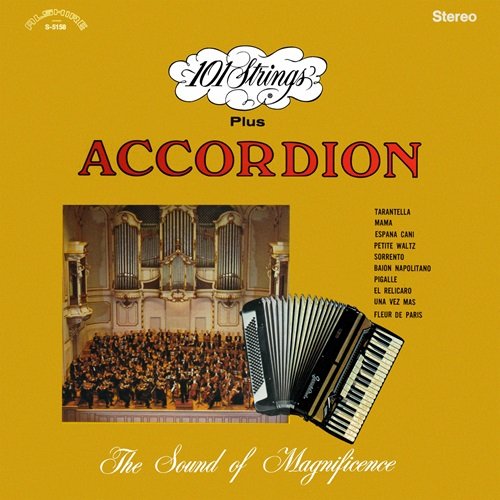
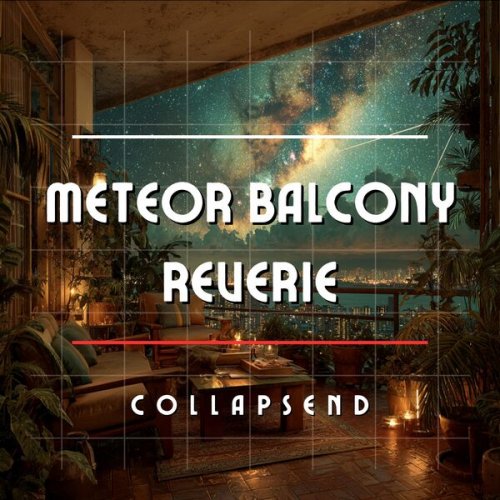
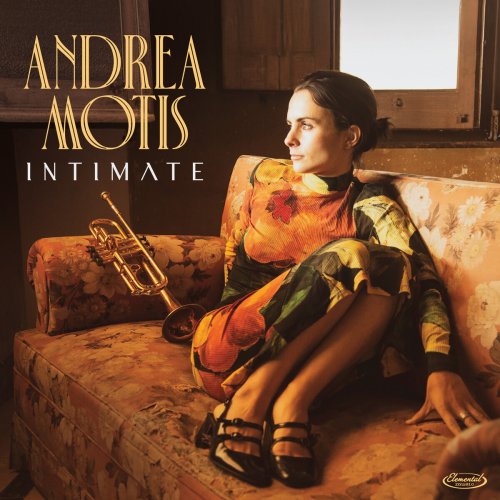
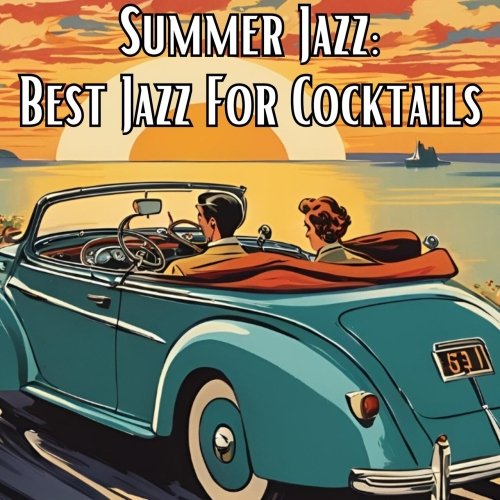
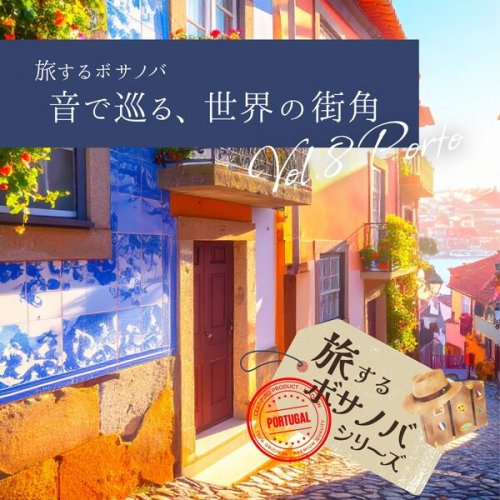
![Andrea Braido - An Evening with Andrea Braido Trio Live! (2026) [Hi-Res] Andrea Braido - An Evening with Andrea Braido Trio Live! (2026) [Hi-Res]](https://www.dibpic.com/uploads/posts/2026-03/1772441152_cover.jpg)
